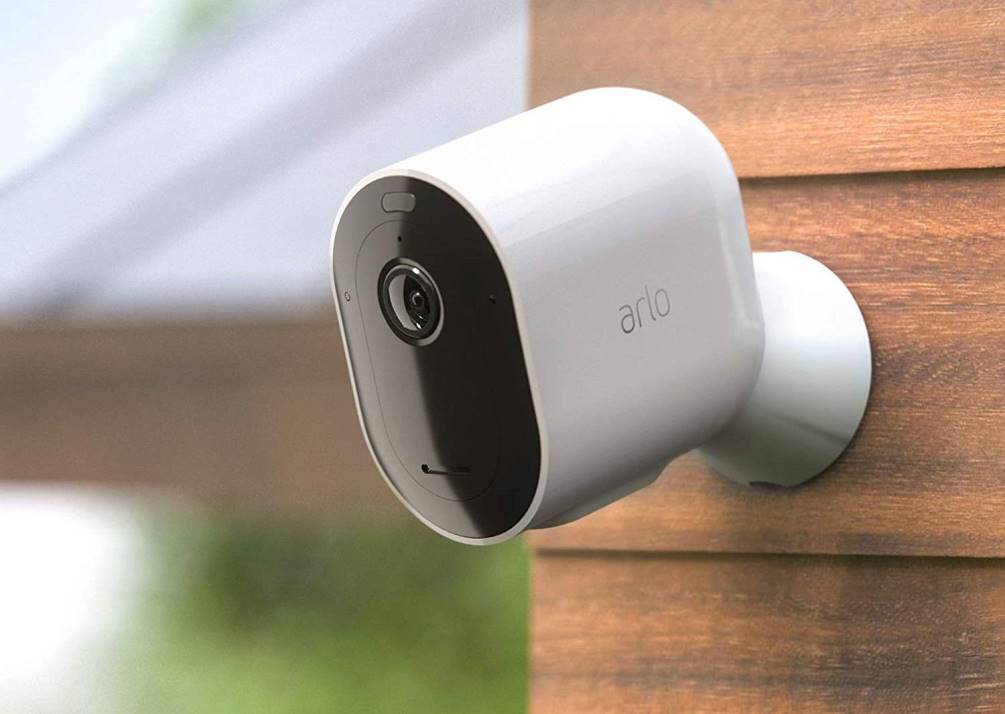Choosing the right incident response vendor is crucial for ensuring your organization can effectively mitigate and recover from security breaches or incidents. Several key factors should guide your decision-making process when selecting an incident response vendor. Firstly, consider the vendor’s experience and expertise in handling incidents similar to those your organization may face. Look for vendors with a proven track record in your industry or with clients of similar size and complexity. Experience brings insights into handling various types of incidents efficiently, minimizing downtime and potential damage. Secondly, evaluate the vendor’s response time and availability. Incidents require swift action to contain and mitigate potential harm. Ensure the vendor can provide 24/7 support and has a clear escalation path for urgent incidents. Prompt response times can significantly impact the outcome of an incident, so clarity on their responsiveness is critical. Thirdly, assess the vendor’s methodologies and approach to incident response. A robust incident response plan involves a structured process for detection, containment, eradication, and recovery. Verify that the vendor’s methodologies align with industry best practices such as those outlined by NIST or ISO standards.
This ensures a systematic and effective response tailored to your organization’s needs. Fourthly, consider the vendor’s technical capabilities and resources. The Incident Response Blog Incident response often requires advanced technical expertise, including forensic analysis, malware identification, and network security assessments. Ensure the vendor has skilled professionals and access to cutting-edge tools and technologies necessary to handle sophisticated threats and vulnerabilities. Fifthly, examine the vendor’s communication protocols and transparency. Effective incident response relies on clear and timely communication between all parties involved, including your internal teams, stakeholders, and regulatory bodies if necessary. The vendor should have clear protocols for reporting progress, sharing findings, and providing updates throughout the incident lifecycle. Additionally, evaluate the vendor’s reputation and references. Seek testimonials from current or past clients to gauge their satisfaction with the vendor’s services. References can provide valuable insights into the vendor’s reliability, professionalism, and overall performance during critical incidents. Moreover, consider the vendor’s compliance with regulatory requirements and industry standards.
Depending on your industry, you may have specific compliance obligations regarding data protection and incident reporting. Ensure the vendor understands these requirements and can assist in maintaining regulatory compliance throughout the incident response process. Lastly, review the vendor’s cost structure and contractual terms. While cost should not be the primary factor, it is essential to understand the vendor’s pricing model, including any additional costs for emergency services or extended support. Clarify contractual terms regarding service level agreements SLAs, confidentiality agreements, and termination clauses to avoid any misunderstandings in the future. In conclusion, selecting the right incident response vendor requires careful consideration of their experience, responsiveness, methodologies, technical capabilities, communication practices, reputation, compliance, and cost structure. By thoroughly evaluating these factors and conducting due diligence, you can choose a vendor that aligns with your organization’s needs and can effectively safeguard your data and systems during critical incidents.

